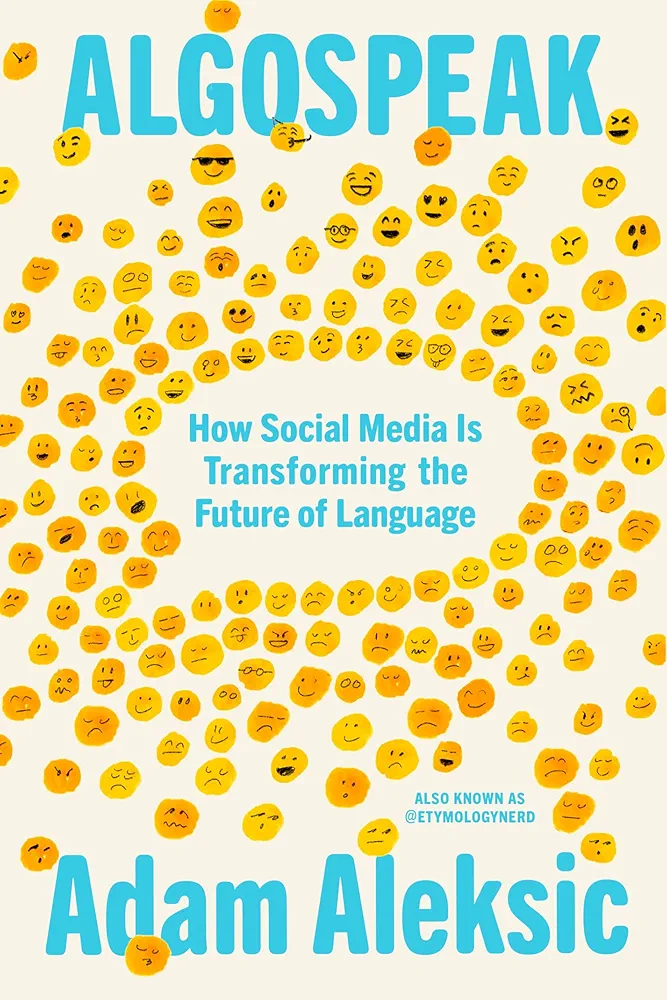Really really enjoyed this one although it took me a few weeks to fully digest. Here's two of my absolute favorite excerpts (please forgive any OCR glitches). They both describe fairly old phenomena, one that's been around as long as the internet, and one that's been around as long as language, but in both cases people have a tendency to ascribe their effects to something new and uniquely bad despite then having been part of humanity far longer than we often realize.
The shift from "le$bian" to "wlw," the shift from "suicide" to "unalive and all these other instances of linguistic Whac-A-Molery exemplify the euphemism treadmill, a concept intro-duced by Steven Pinker to describe the continuous motion of evasive words in the English language. The euphemism tread-mill is why were constantly updating our words for offensive things. The words "idiot"' "imbecile and "moron" all used to be serious words for classifying mental disability, but then they became negative, so we replaced them with the word "retarded" which also became negative, so we replaced that with "mentally disabled"' which is also becoming negative. The same process happens with terms for racial and sexual minorities as the words they use to describe themselves become poisoned over time. That's why "colored" became "black" and why some people now prefer capital-B "Black." Once words are used maliciously, we replace them until the cycle continues, as if moving along on a treadmill. This is a normal and inevitable linguistic process that can only really be solved by addressing the underlying societal problems causing the treadmill to move in the first place. When the algorithm prevents people from saying "sex" or "suicide" or any other sensitive word, it becomes a proxy for human behavior. Instead of people turning a word negative over time, the platform labels it as undesirable for social media, caus-ing the treadmill to move faster rather than actually preventing discussion of forbidden topics.
Some time after the serious philosophy was turned into a joke, though, it began to be treated seriously again by some of those out of the loop. At least some of the beauty influencers talking about hunter eyes and interocular distance misinterpreted the ironic context of the lookism words and spread them as genuine beauty standards, which spawned more jokes, leading to more serious reinterpretations. After the jokes about canthal tilts and mewing went viral, we began seeing increases in canthal tilt eye-liner demonstrations and Google searches for "jaw surgery' On the one hand, that just made the jokes funnier; on the other, incel ideas about attractiveness became more culturally relevant. Again, how did this happen? Well, it's famously difficult to discern tone on the internet, to the point where there's an adage about it called Poe's law: "Any sarcastic expression of extreme views can be mistaken for a sincere expression of those views," and vice versa. Poe's law explains how dangerous ideas spread as memes. If something is meant genuinely, but it is also crazy enough to be interpreted as a joke, people may reward it with "likes" and other engagement because they find it funny. Meanwhile, if something ironic is interpreted as genuine, people will be offended by it, which then also drives engagement as a form of ragebait. Either way, "edgy" humor is able to worm its way into the mainstream via the algorithm.
I requested the library buy it on release and checked it out immediately but it's been autorenewing ever since while I tote it back and forth to and from work. I'm almost sad to take it back at the thought it might sit alone on the shelf but there is a limit even to the autorenewals. Somebody go check this out, it's really good!
